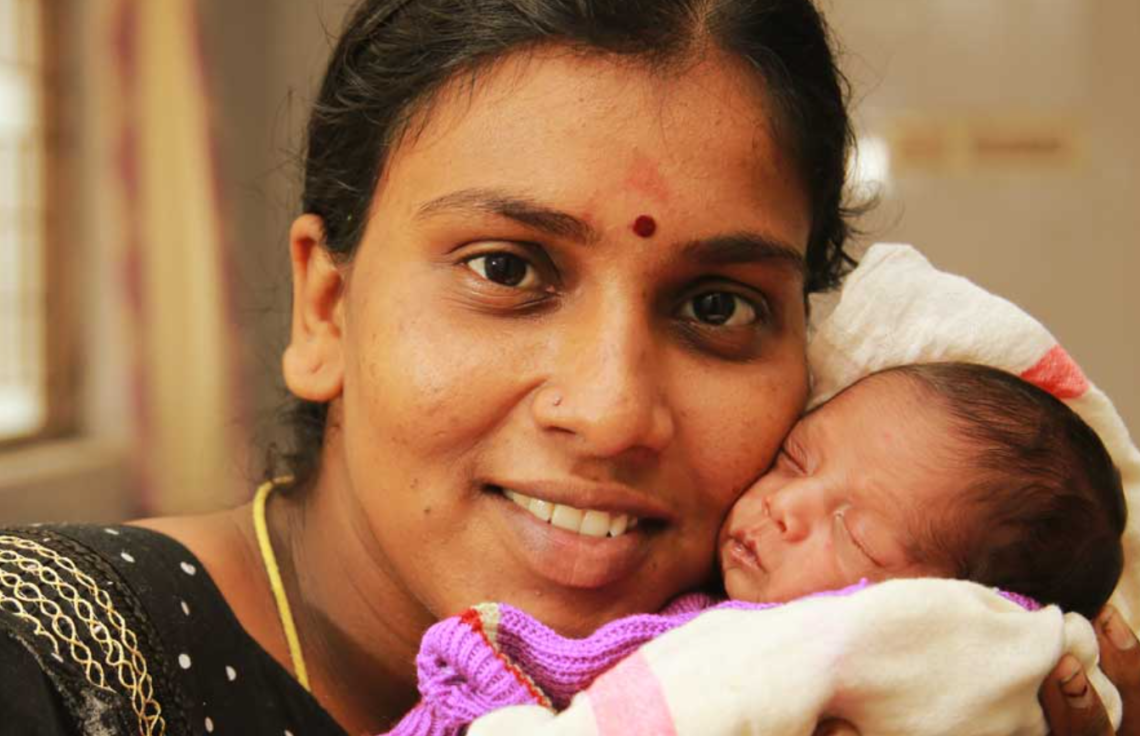India reported the most number of deaths of children below five years in 2018. According to the UNICEF report, India reported deaths of 8,82,000 children below five years in 2018. It highlights that every second child below the age of five in the country is affected by some form of malnutrition. Millions of children in India die of treatable conditions every year. The lack of access to paediatric care and expensive treatments, force these children to suffer silently with diseases that could easily be treated. According to a report by the UN’s Inter-agency Group for Child Mortality Estimation (UNIGME), 802,000 infants died in India in the year 2017 due to the lack of access to proper healthcare, sanitation, nutrition, and water. Even though these numbers are the lowest in 5 years, India still has the highest infant mortality rate in the world with almost 4 lakh more deaths than Nigeria who came in second.
As per the 2019 government data, India has reduced its infant mortality rate (IMR) by 42% over 11 years-from 57 per 1,000 live births in 2006 to 33 in 2017. This is a first for a large country like India, and active efforts by both the government and nonprofits, that have worked to bring the positive change. Their combined efforts work to not only save children in need but also provide medical aid to expecting mothers.
How do we prevent neonatal deaths?
The best way to save the children is to begin protecting fetuses before they’re born. It is important to make sure that pregnant women are properly cared for and provided the right nutrients and supplements to make sure both mother and child are healthy. There is also a need to ensure that mothers are properly vaccinated. If a mother is vaccinated against certain diseases, the antibodies created in the mother’s body are transferred to the child’s body hence, protecting both mother and child after birth when they are most susceptible to diseases.
Most infant deaths are seen in the rural sector of India. The lack of access to healthcare is a major issue in these areas. Expensive treatments coupled with the high levels of poverty makes it impossible for families living below the poverty line to get the medical aid they require including paediatric care. The need is not just to save children from birth defects in such areas but also provide the required nutrition and water to sustain their health.
Providing paediatric care
Born to a poor family in Trichy, Akshan was diagnosed with a heart condition that affected his arteries. His body was not getting enough oxygen and he was in a life-threatening situation. Unable to afford even their necessities, his parents were left helpless as they could not pay for the expensive surgery necessary to save his life.
Give’s partner NGO EKAM Foundation came to their rescue by paying for the consultation and treatment. They monitored the situation closely and took the responsibility of handling Akshan’s medical treatment. He went through several medical procedures and the cost for his treatment came to about Rs. 300,000. His parents arranged Rs. 55,000 and the rest of the bills were paid through the money raised by EKAM. Today, Akshan has fully recovered and is leading a healthy and happy life.
You can help too!
EKAM Foundation, a child’s care NGO was built under the belief that every child has the freedom to live and none should be denied the right to healthcare. The foundation focuses on helping neonatal infants, adolescents, children, and mothers from underprivileged communities. They provide rural health care through two modes: direct medical support and indirectly through community awareness, empowerment, and participation.
As of last year, EKAM has reached out to over 1.08 million children and provided paediatric care through several programs like camps, training programs, and empowerment workshops to create awareness among adolescent girls, expectant mothers, and the community. They also provide additional care at primary health centers, district hospitals, and other government hospitals by training nurses, helping in maintaining critical equipment, transporting sick infants to the nearest district hospitals, providing lab test support, drugs and medicines in select government hospitals. Their contribution to save the children in need has given happiness to thousands of families.
Discover more from
Subscribe to get the latest posts sent to your email.

